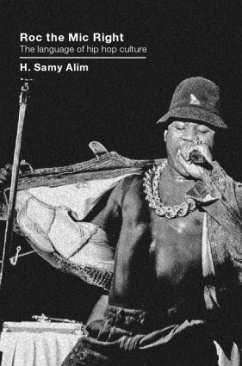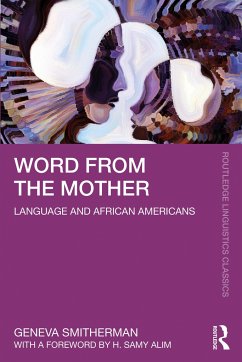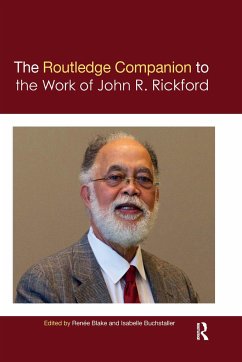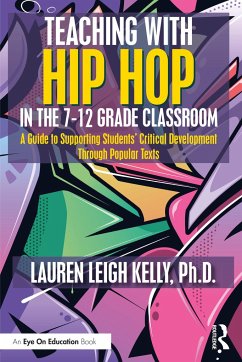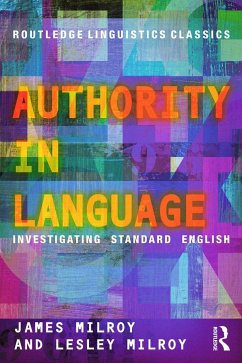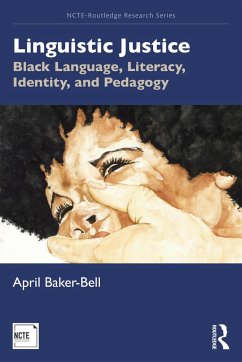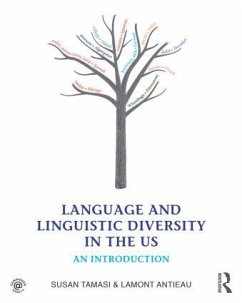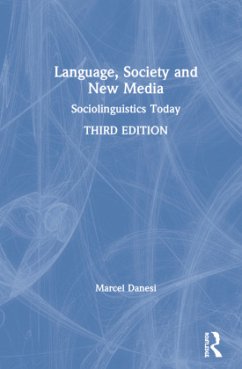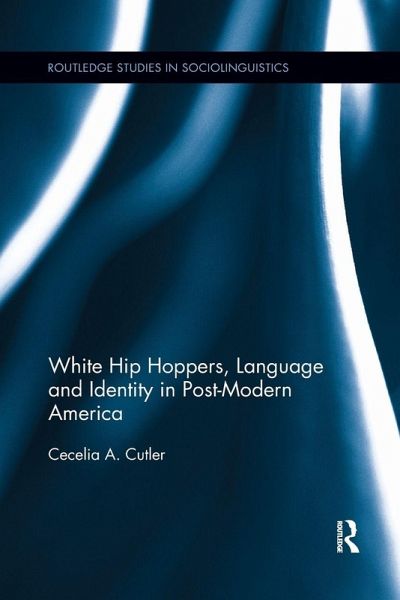
White Hip Hoppers, Language and Identity in Post-Modern America
Versandkostenfrei!
Versandfertig in 6-10 Tagen
54,99 €
inkl. MwSt.
Weitere Ausgaben:

PAYBACK Punkte
27 °P sammeln!
This book examines language and identity among White American middle and upper-middle class youth who affiliate with Hip Hop culture. Hip Hop youth engage in practices that range from the consumption of rap music and fashion to practices like MC-ing (writing and performing raps or "rhymes"), DJ-ing (mixing records to produce a beat for the MC), graffiti tagging, and break-dancing. Cutler explores the way in which these young people stylize their speech using linguistic resources drawn from African American English and Hip Hop slang terms. She also looks at the way they construct their identiti...
This book examines language and identity among White American middle and upper-middle class youth who affiliate with Hip Hop culture. Hip Hop youth engage in practices that range from the consumption of rap music and fashion to practices like MC-ing (writing and performing raps or "rhymes"), DJ-ing (mixing records to produce a beat for the MC), graffiti tagging, and break-dancing. Cutler explores the way in which these young people stylize their speech using linguistic resources drawn from African American English and Hip Hop slang terms. She also looks at the way they construct their identities in discussions with their friends, and how they talk about and use language to construct themselves as authentic within Hip Hop. Cutler considers the possibility that young people experimenting with AAVE-styled speech may improve the status of AAVE in the broader society. She also addresses the need for educators to be aware of the linguistic patterns found in AAVE and Hip Hop language, and ways to build on Hip Hop skills like rhyming and rapping in order to motivate students and promote literacy.




